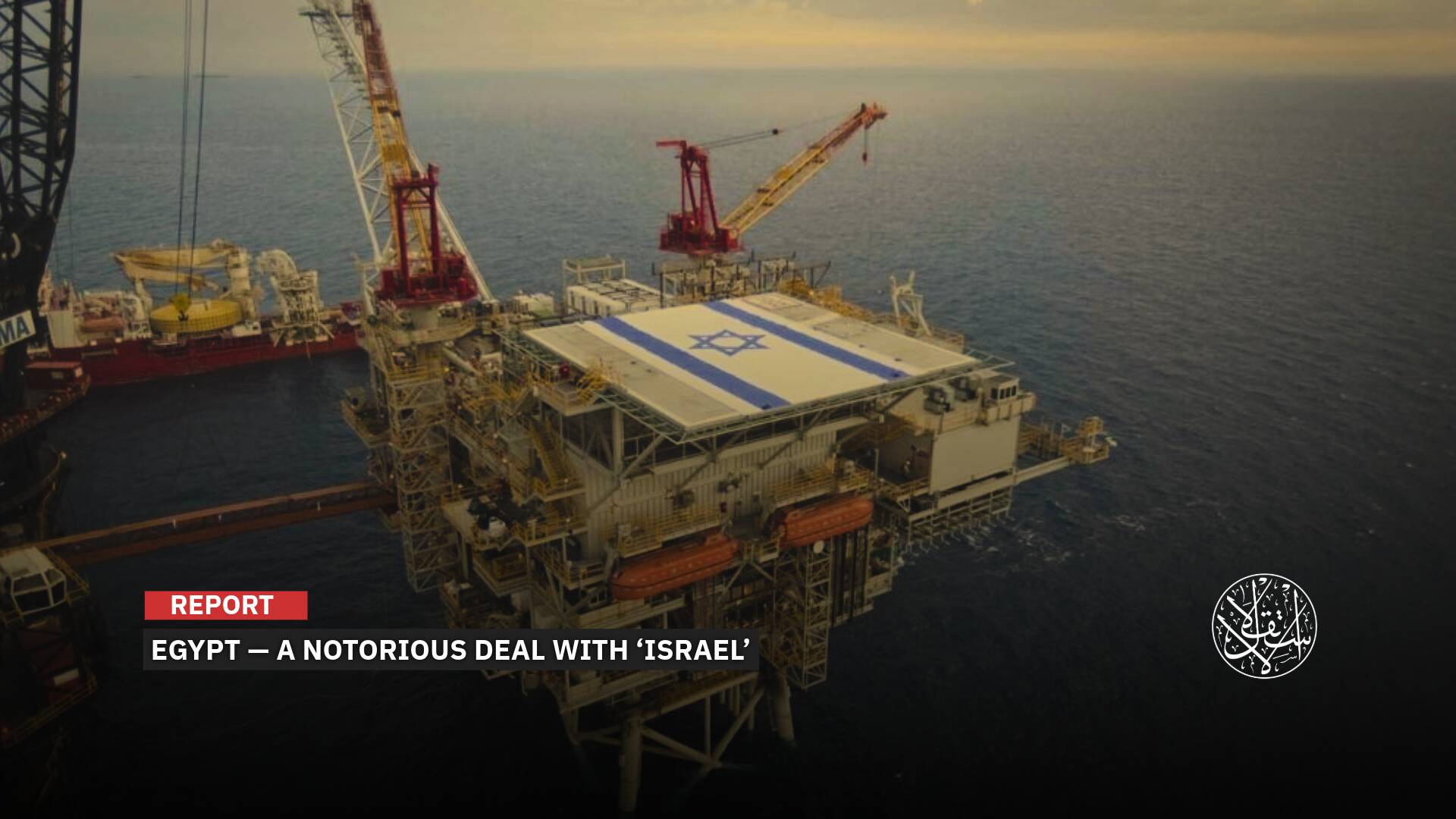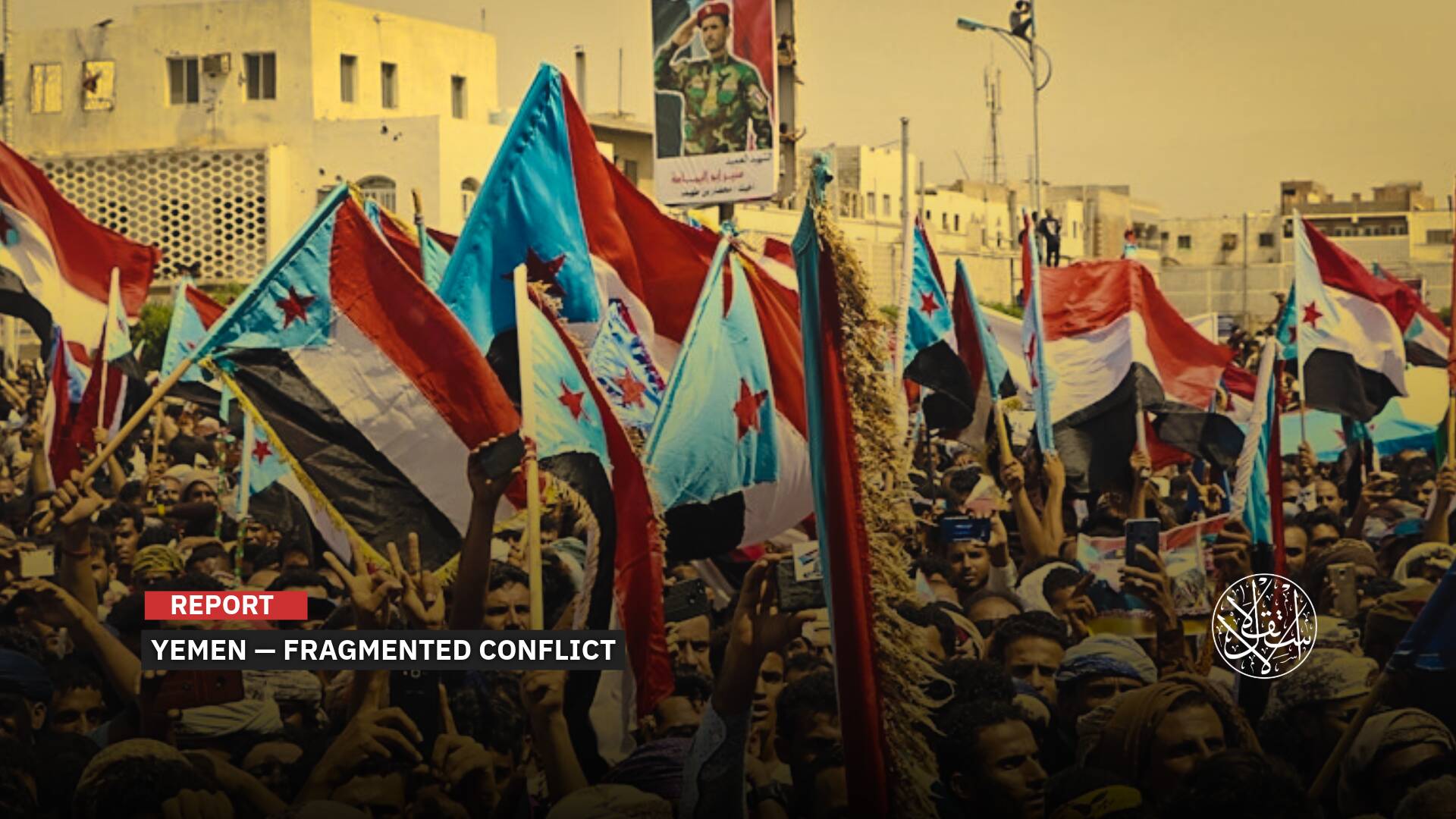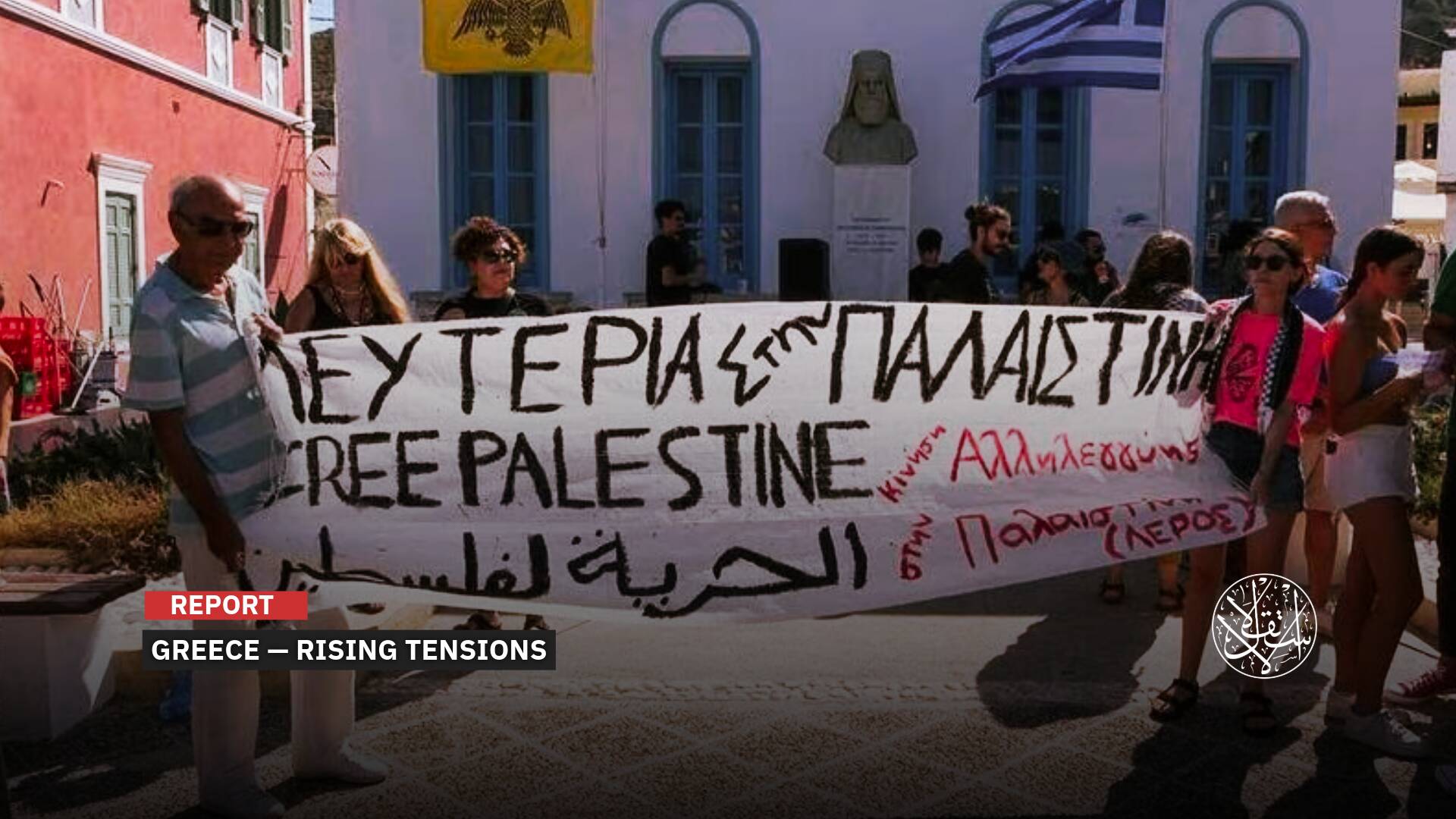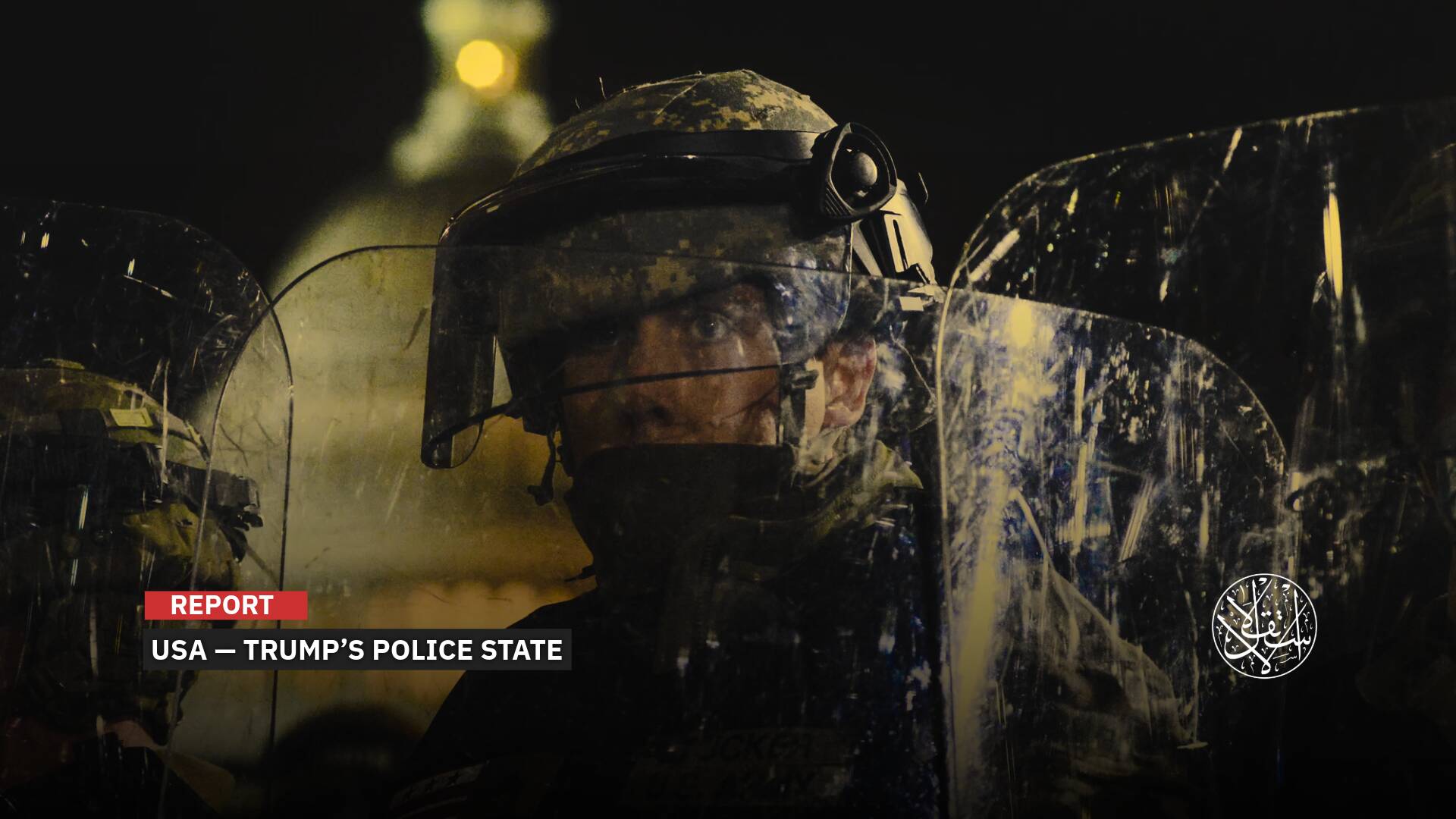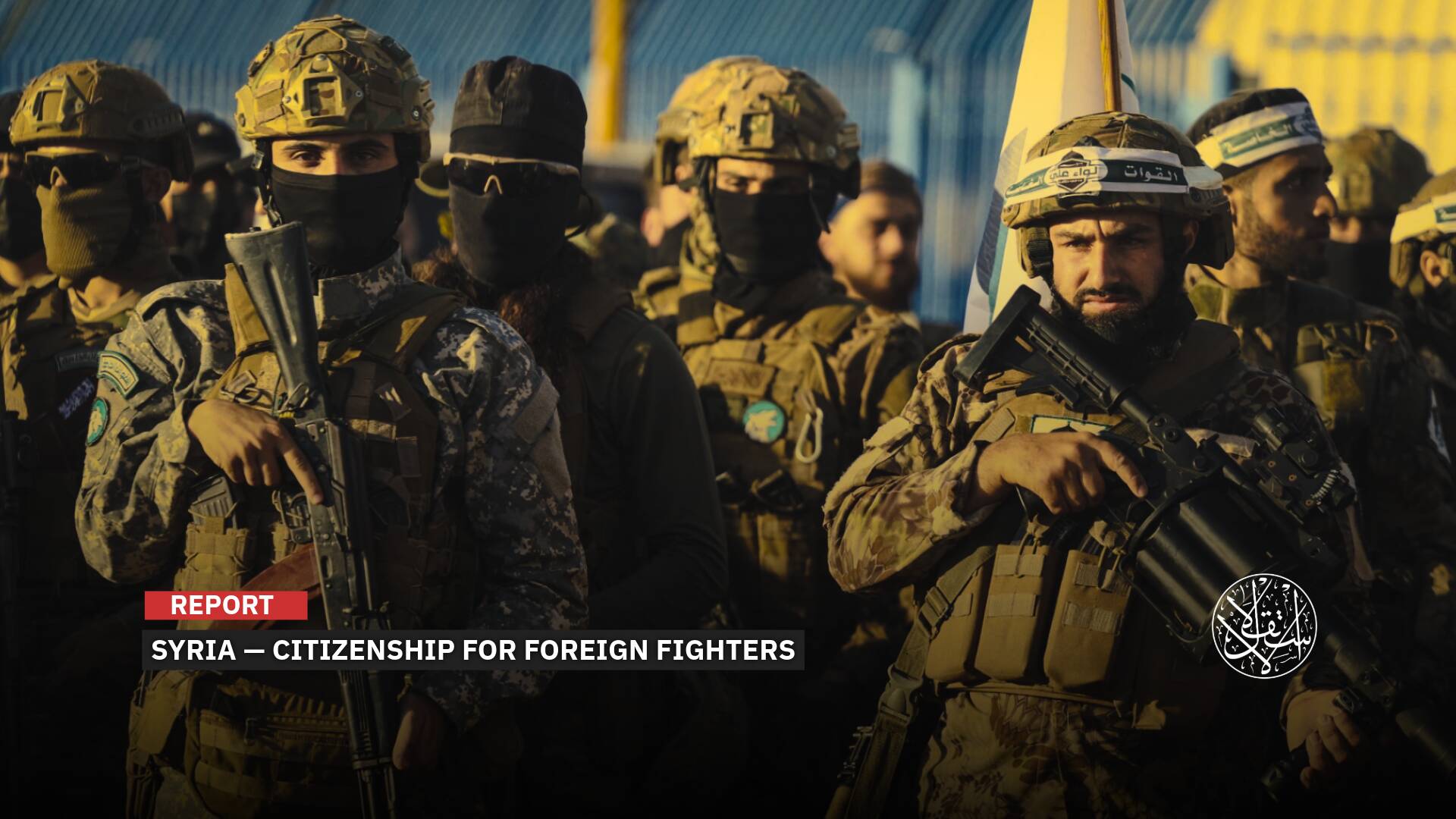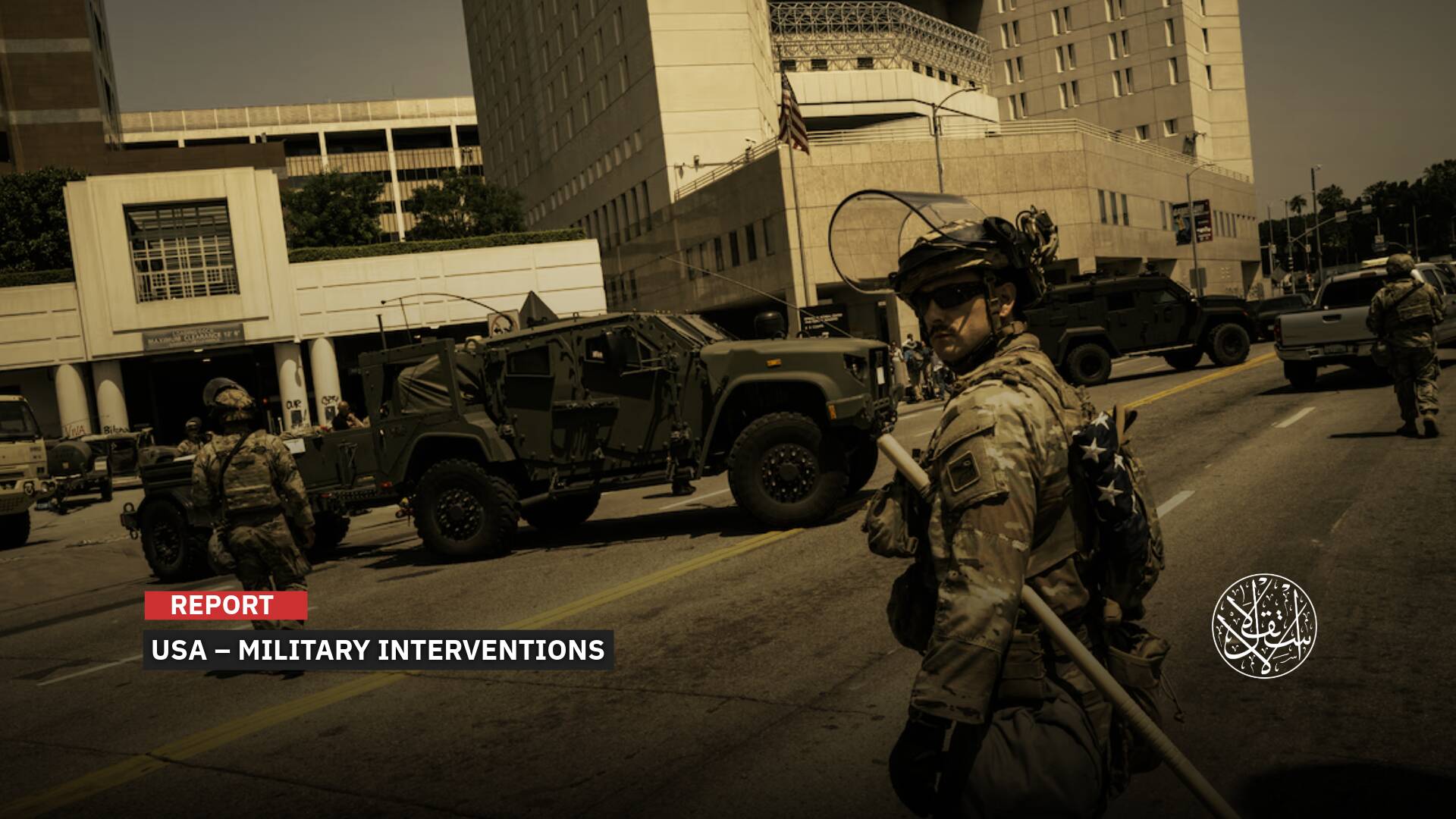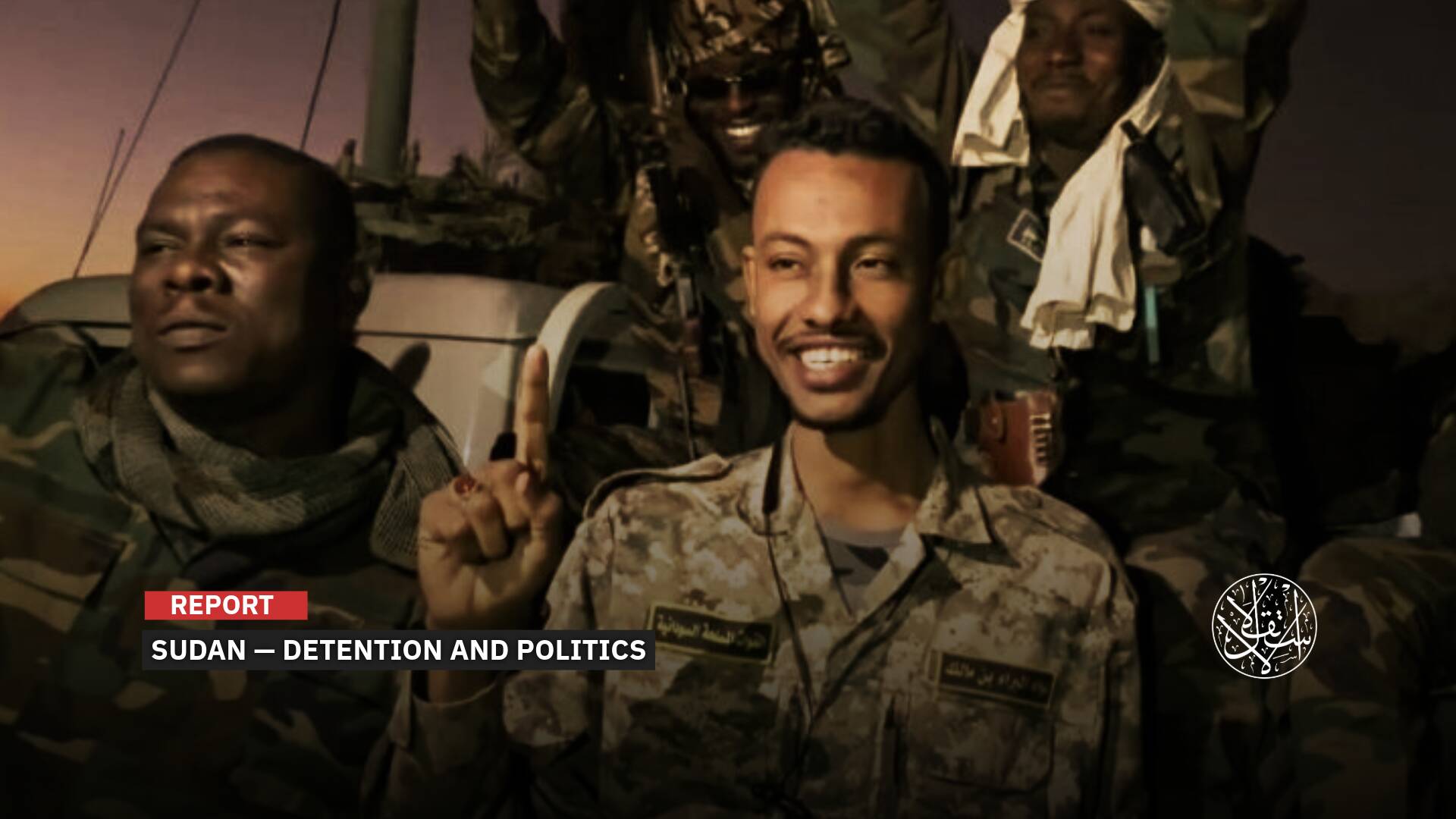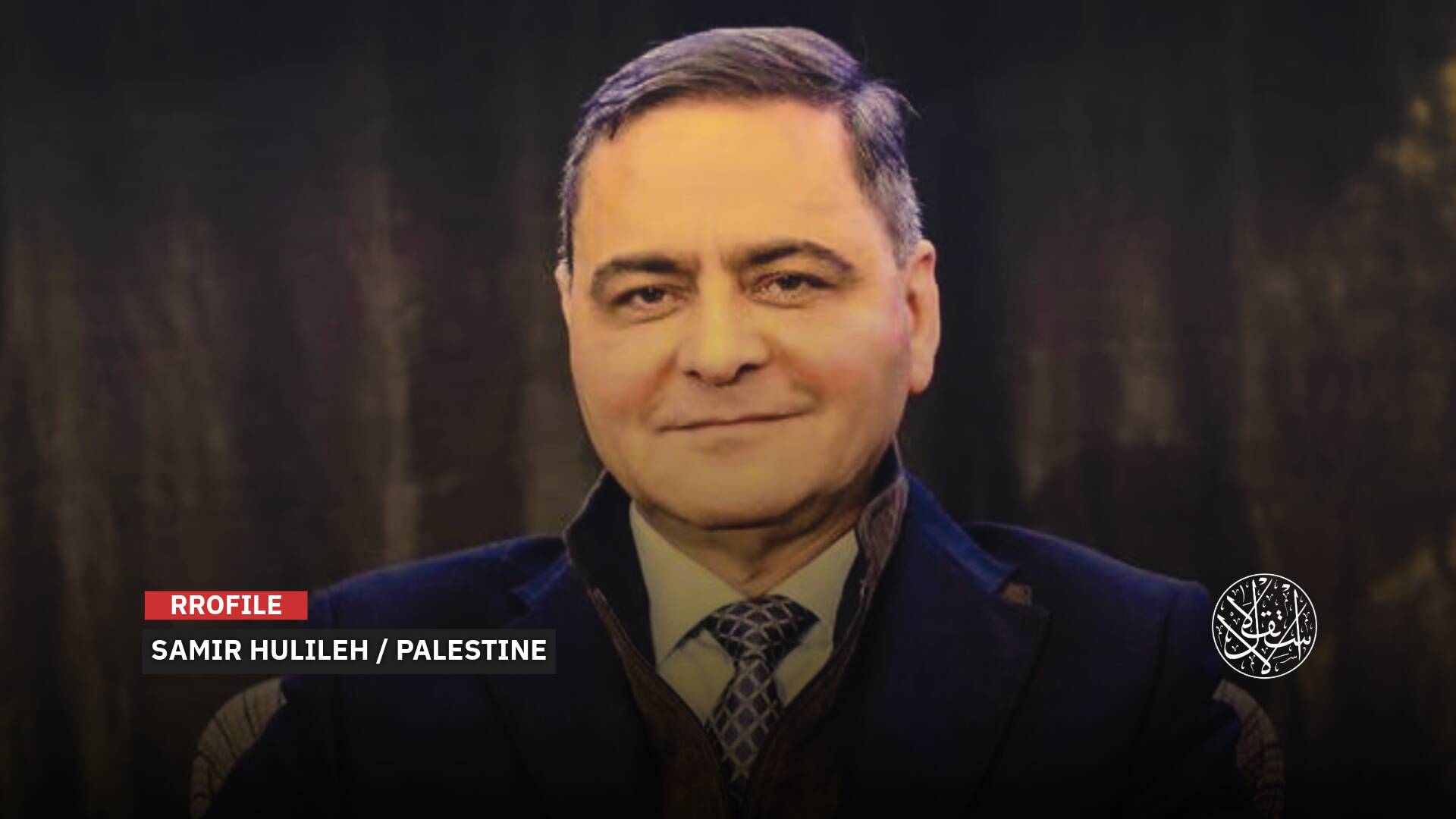Who Benefits from the West-Russia Prisoner Swap: Putin or Biden?

“Sometimes it is necessary to make a deal with the devil.”
The prisoner exchange deal, involving 24 men and two minors between Russia and the West, has highlighted significant breaches of international law, favoring political interests over justice and human rights.
Both the United States and Russia have touted the prisoner swap as a "victory," marking it as the largest of its kind between East and West since the Cold War era.
Historic Exchange
The exchange remained confidential until its completion in early August 2024 at Ankara Airport, where prisoners were swapped among seven countries, facilitated by Turkish intelligence through dialogue and mediation channels.
In total, 10 Russians, including two minors, were released in exchange for 16 Westerners and one Russian who had been detained in Russia, according to a Turkish presidential statement.
The prisoners were flown to Ankara from Russia, the United States, Germany, Poland, Slovenia, Norway, and Belarus, as per the complex agreement, announced by the Turkish presidency.
According to Germany’s Der Spiegel magazine, this prisoner exchange was the result of "several months" of negotiations between German intelligence, the CIA, the U.S. government, and the Kremlin.
Initially, negotiations centered on including Russian opposition leader Alexei Navalny in the exchange. However, Navalny died in February 2024 while serving a 19-year sentence in a northern Russian prison, with his supporters claiming he was eliminated by the Kremlin.
U.S. President Joe Biden and Vice President Kamala Harris welcomed the released Americans at Joint Base Andrews near Washington.
The released Americans included Wall Street Journal reporter Evan Gershkovich, detained in Russia since 2023, former Marine Paul Whelan, and journalist Alsu Kurmasheva.
Vladimir Kara-Murza, a Russian opposition figure residing in the U.S., was also released but will return separately to the United States.
Among the most notable detainees was Gershkovich, 32, who was arrested in Russia in March 2023 while on a work-related trip and was sentenced in July 2024 to 16 years for espionage charges, which the U.S. rejected.
Paul Whelan, 54, a former Marine and security executive from Michigan, was detained in Moscow in 2018 while attending a friend's wedding. Accused of espionage and convicted in 2020, Whelan was sentenced to 16 years, denying the charges and calling them fabricated.
Russian President Vladimir Putin also welcomed the released Russian prisoners as heroes.
Among them was Vadim Krasikov, a Russian intelligence officer imprisoned in Germany. Krasikov was convicted on August 23, 2019, for the murder of Zelimkhan Khangoshvili, a 40-year-old Georgian who had fought against Russian forces in Chechnya and later sought asylum in Germany.
In his life sentence in 2021, German judges stated that Krasikov acted on orders from Russian authorities, who provided him with the necessary resources for the assassination.
Dmitry Peskov, the Kremlin spokesperson, admitted in early August 2024 that Krasikov was a member of the Federal Security Service (FSB). He added that Krasikov had served in the elite Alpha unit of the FSB and had worked with several current personnel in President Putin’s security team.
This exchange adds to the largest swap of its kind, which occurred in 2010 when 14 alleged spies were exchanged between Russia and the West. Among them were the double agent Sergei Skripal, who was sent from Moscow to Britain, and the Russian undercover agent Anna Chapman, who was sent from Washington to Russia.
Prior to this, significant exchanges involving more than ten people occurred only during the Cold War, when the Soviet Union and Western powers swapped prisoners in 1985 and 1986.
Political Pawns
However, human rights organizations have increasingly criticized including convicted criminals in this new exchange as a means to advance political interests.
The prisoner swap between Russia and the West demonstrated how diplomacy, rather than law, governs such exchanges. Russia’s insistence on including Krasikov highlighted Moscow’s determination to secure the return of Russian spies despite their international crimes.
Some experts have termed this type of agreement as "hostage diplomacy," reflecting a growing trend of countries holding foreigners on dubious grounds and using their potential release as political leverage to achieve other goals.
In this context, Amnesty International condemned the "bitter" prisoner swap between Russia and several Western countries, warning that this approach encourages impunity for convicted criminals.
Christian Meyer, Deputy Secretary-General of Amnesty International in Germany, warned in a statement following the exchange announcement that Putin is "clearly exploiting the law to use political prisoners as pawns."
He added that the exchange "leaves a bitter taste," noting that one side of the swap involves "a murderer and other criminals convicted in fair trials," while the other side includes "people exercising their right to freedom of expression."
Meyer argued that the swap represents a step towards broader impunity, cautioning that “the Russian government may be emboldened to carry out more political arrests and human rights abuses without fear of consequences.”

For the Kremlin, Vadim Krasikov, the hired killer imprisoned in Germany for killing a Chechen, was perhaps the most crucial element in the exchange.
In this regard, Tatiana Stanovaya, a senior fellow at the Carnegie Moscow Center, stated that “Putin is sending a message that those who work abroad will enjoy maximum protection, and if they are captured, the state will fight for their return and roll out the red carpet for them.”
Stanovaya told the Associated Press on August 3 that in the West, this issue is seen through a humanitarian and political lens, with the media closely monitoring it and making it a significant societal concern. In contrast, in Russia, it is not regarded as a societal issue but rather as a matter of state.
Nevertheless, this prisoner swap has alarmed human rights advocates in Europe. For instance, the German government faced criticism after agreeing to release Krasikov to assist the United States in completing a large-scale prisoner exchange with Moscow.
Germany had sentenced Krasikov to life imprisonment. Chancellor Olaf Scholz defended his position before the press, stating that the "difficult decision was not made lightly" but was "just."
"It must be said that many were concerned for their health and lives as well," after receiving a group of released prisoners, including five Germans, behind closed doors upon their arrival at Cologne Airport from Ankara.
Simultaneously, U.S. President Joe Biden expressed "great gratitude" to Scholz for the "significant concessions" made as part of the diplomatic settlement.
‘A Deal with the Devil’
One criticism Berlin faces for agreeing to release Krasikov is that Russian espionage has become more frequent in Germany, especially since Moscow’s invasion of Ukraine in February 2022. Such exchange deals might provide an "incentive to ensure spies are released through similar deals."
There was also controversy within the German government between the chancellery and the Ministry of Justice, which had to instruct the prosecutor’s office to implement this decision, according to German TV channel N-TV.
Ultimately, Minister of Justice Marco Buschmann estimated that continuing Krasikov’s detention could "pose a serious risk to Germany's interests concerning foreign policy and security."
Buschmann also cited "humanitarian" reasons due to the risks threatening the health and lives of the detainees in Russia and Belarus included in the deal, such as Rico Krieger, sentenced to death in Belarus for "terrorism" and "mercenaries," and the Russian-German Kevin Lik, aged 19, convicted of "high treason," Patrick Schobel, a tourist accused of drug trafficking, the Russian-German legal expert German Moyzhes, and the Russian-German politician Demuri Voronin.

The family of the Chechen fighter who was killed in Berlin in 2019 spoke about the "disappointing" decision made by the German government. They said, "We are deeply disappointed to see that there seems to be no law in the world."
Meanwhile, Germany's most widely read daily, BILD, highlighted the "return of the Cold War" and spoke of a "misguided message" sent to the Russian people, suggesting that "Putin is the hero" of this prisoner exchange and that he is "saving murderers."
However, Michael Roth, Chairman of the Bundestag Foreign Affairs Committee and a member of Olaf Scholz’s party, said “Sometimes it is necessary to make a deal with the devil."


